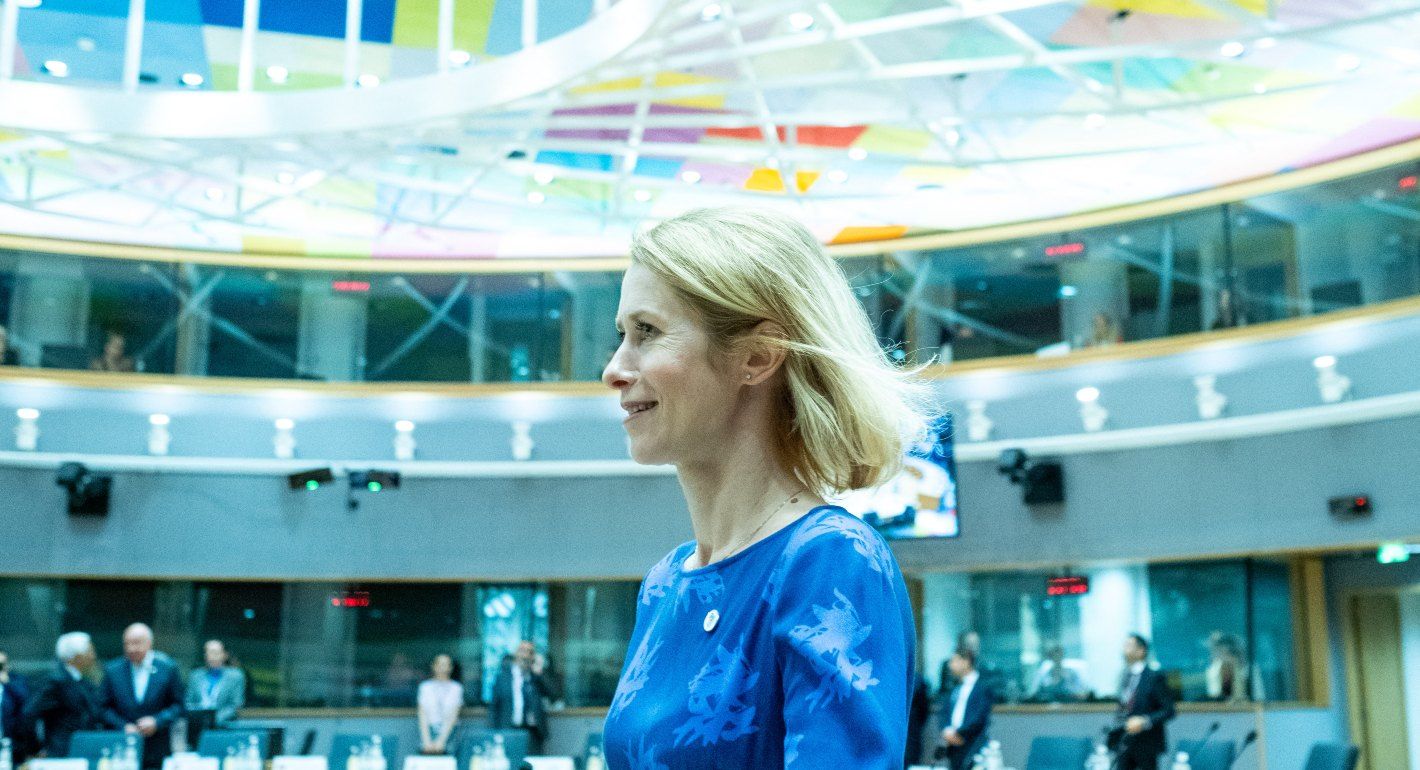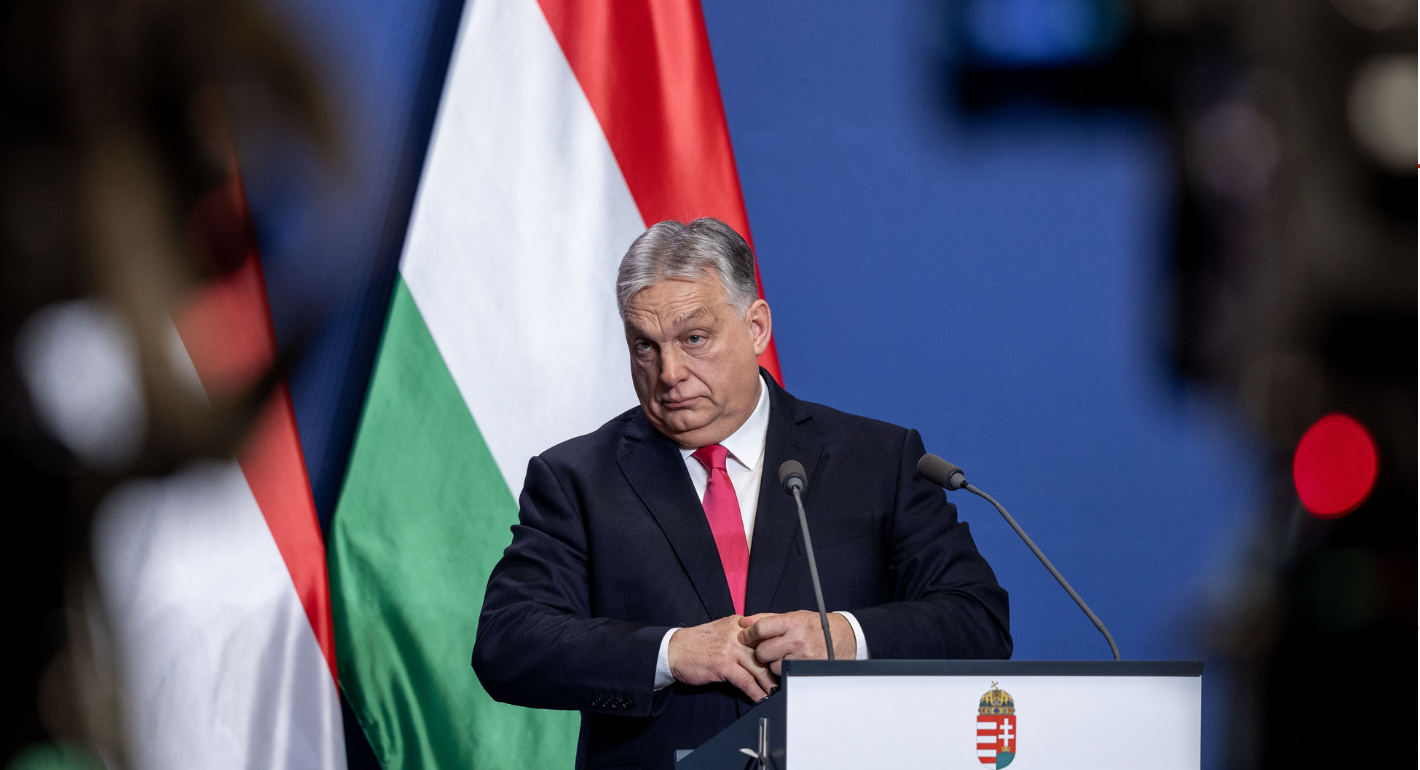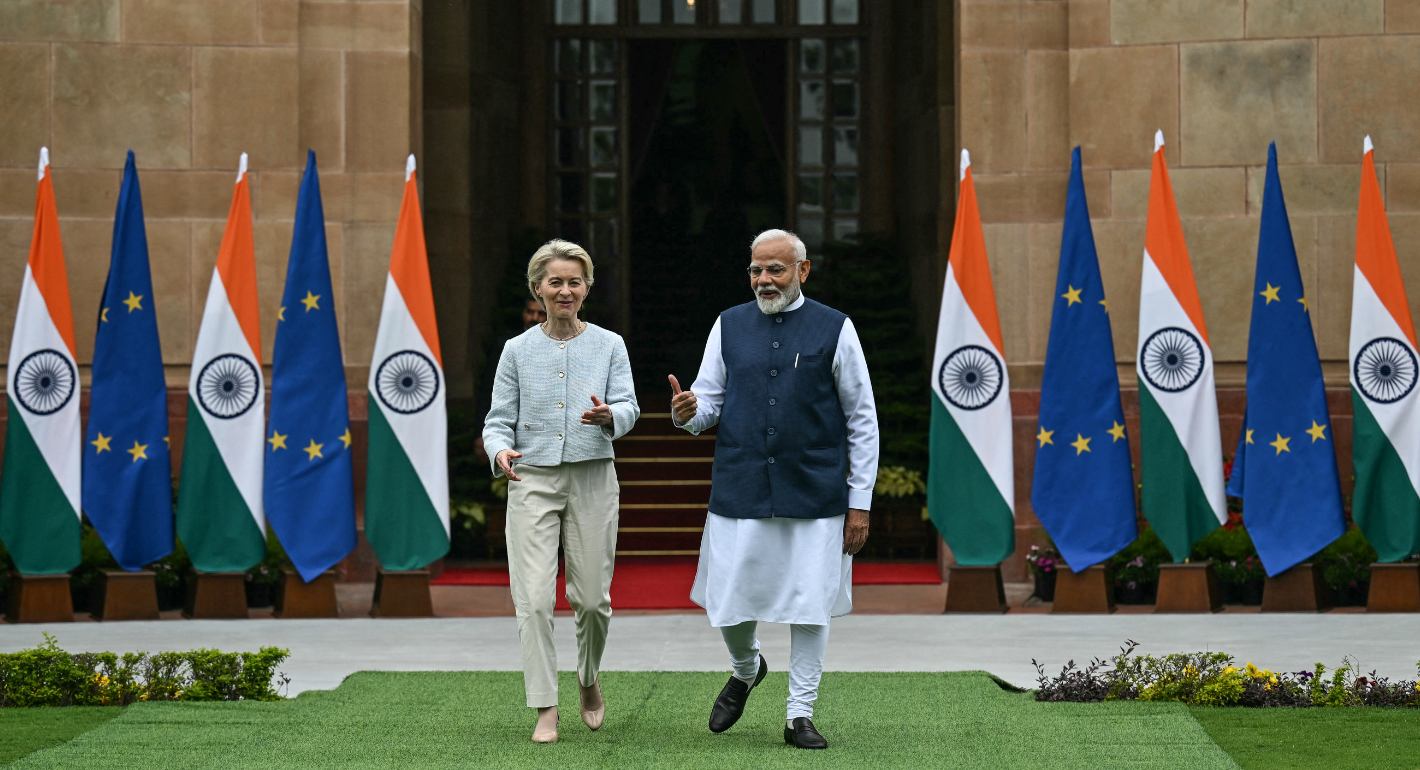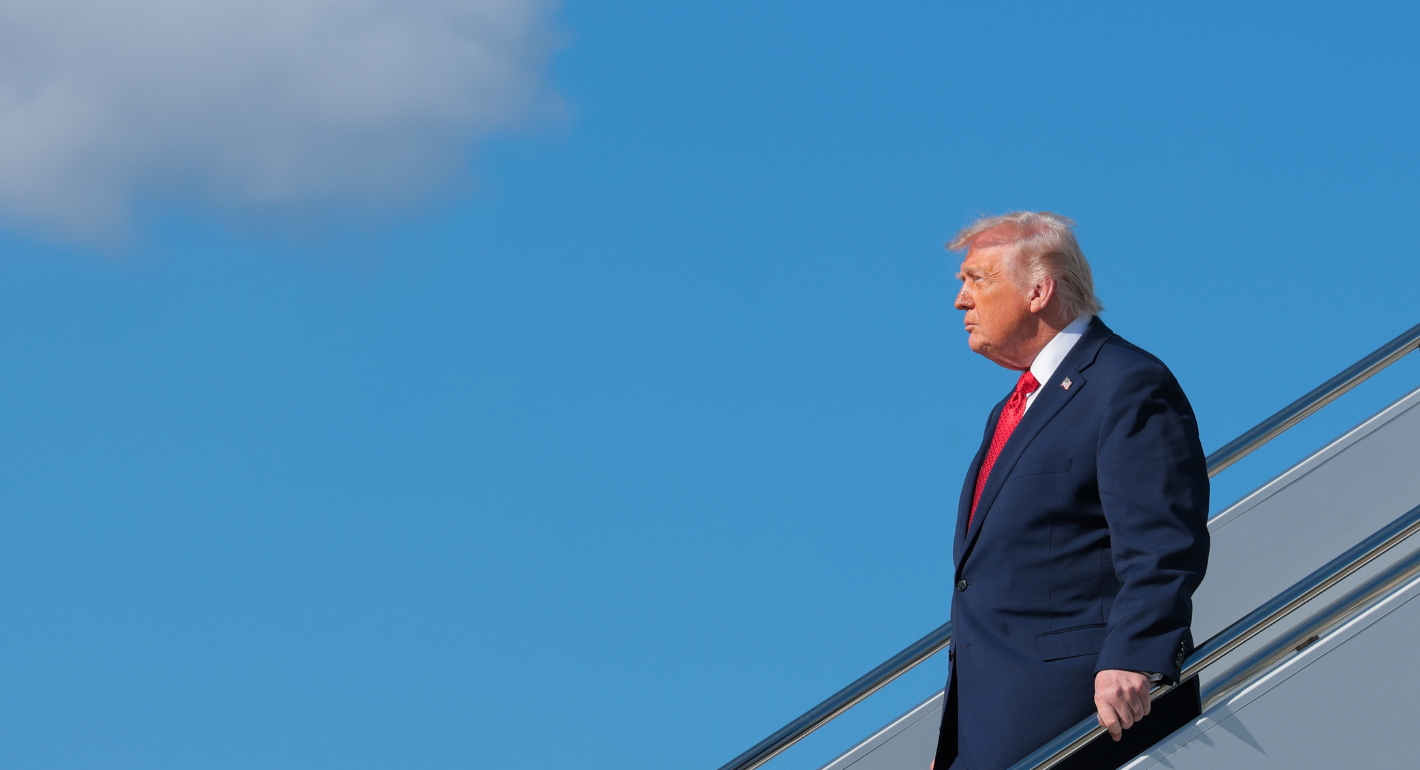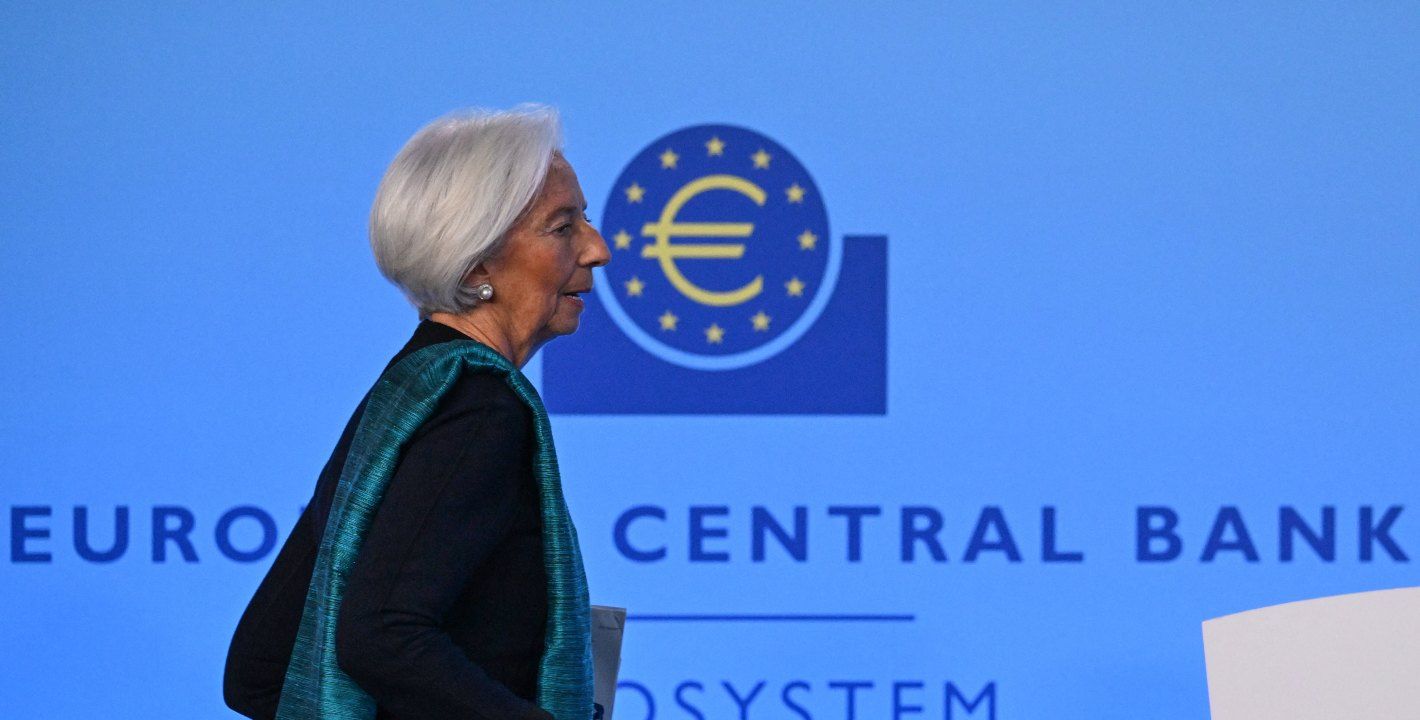Following recent Western allies’ summits—G7 and NATO in particular—European participants have come under fire from their constituents for meekly pandering to U.S. President Donald Trump. And current trade negotiations, with the EU’s repeated failure to impose an economic cost on the United States, despite its trade heft, have only fed the narrative.
In response to these critics, European leaders have stressed their sense of responsibility. The burden-shifting inside NATO in favor of an enhanced European defense cannot be done overnight. It must rely for the time being on an enduring, if gradually reduced, U.S. military presence in Europe. It is this dependence that pushes many European leaders to appease Trump. As for trade, European leaders seem to still be hoping they can avoid a full-fledged confrontation, even though Trump could not be clearer that asymmetrical tariffs are the new norm.
But European leaders are playing for time, because the twenty-seven EU member states do not share a common assessment of the extent and depth of change happening in the United States. They also lack a strategic vision for the new role the EU and their countries need to play in the post–World War II order. But in opting for a wait-and-see approach, they risk programming their own geopolitical obsolescence.
Even though Trump’s foreign policy has been less isolationist than expected, it has been frenetic and often half-baked. The U.S. moves on Ukraine, Israel, and Iran, in Europe’s most critical surroundings, have dire consequences for Europeans unless they snap out of their effacement and establish themselves as power brokers. Trump’s equivocating on Ukraine and his participation in the Israeli strikes on Iranian nuclear facilities have worsened these already fraught situations, with Europeans vastly exposed to their indirect effects.
The good news is that some European leaders are starting to understand the downside of being so hooked up to an American foreign policy that is underperforming despite its permanent self-congratulatory communication. Most slept through the warnings delivered during Trump’s first mandate, including from former German chancellor Angela Merkel, over the need for Europe to “take [its] fate into [its] own hands.” Pushing back against the natural tendency to play the waiting game, Europeans are realizing they cannot be this vulnerable to the whims of the outsized role American swing voters play every four years in the U.S. presidential elections. And they have to acknowledge that their own strategic security and Europe’s place on the international stage cannot remain entirely dependent on America alone.
Yet, for this change of mindset to bear fruits, the EU needs two prerequisites: a truly common strategic definition of its own interests and a revisited diplomatic capacity. At a moment when Europe is focused on attempting to avoid in the short term the worst-case scenarios with Trump, reinventing European diplomacy may seem overly ambitious. But the risk of this overcautious approach is for Europeans to lose a genuine opportunity to have agency in the molding of whatever system will replace the post–1945 order. And with global powers upending this order through the use of brute force, there is a need for a vision that would not lose track of universal rights and values while accommodating the legitimate demands of the nations from the South.
To live up to that challenge, Europe should urgently fix its diplomatic craftsmanship. There has been too much talk and too little action. On the crises in its most immediate surroundings, Europeans need to finally put skin in the game to earn a seat at the table. In Ukraine, it means substantially enhancing its military assistance to Kyiv while at the same time starting to discuss the parameters of a future peace settlement and the security order in Europe. On Gaza, it means leveraging its association agreement and massive trade with Israel to impose at last the safe passage of humanitarian aid. It also means leveraging a collective European recognition of the Palestinian state to build up the necessary capabilities crucial to a new Palestinian governance. As for Iran, Europe must recover the central role it fulfilled in previous negotiations by sticking to a position where Iranian legitimate rights must go hand in hand with the need to prevent the risk of nuclear proliferation.
Such uplifting requires a return to some forgotten principles: the effort to ban the natural temptation of denial, the indispensable combination of short-term contingency and long-game vision, and the importance of shoring up strength while not giving up the need to listen to the other side’s grievances. With conflicts on the rise these indispensable diplomatic ingredients tend to be ignored in the name of realism. Indeed, in times of war, credibility comes with power. But might without dialogue misses the possibility of bringing sustainable solutions to long protracted crises.
Europe needs to reinvest in these elementary rules of good diplomatic practice to rekindle the voice of fairness and tolerance it has been in the past.

